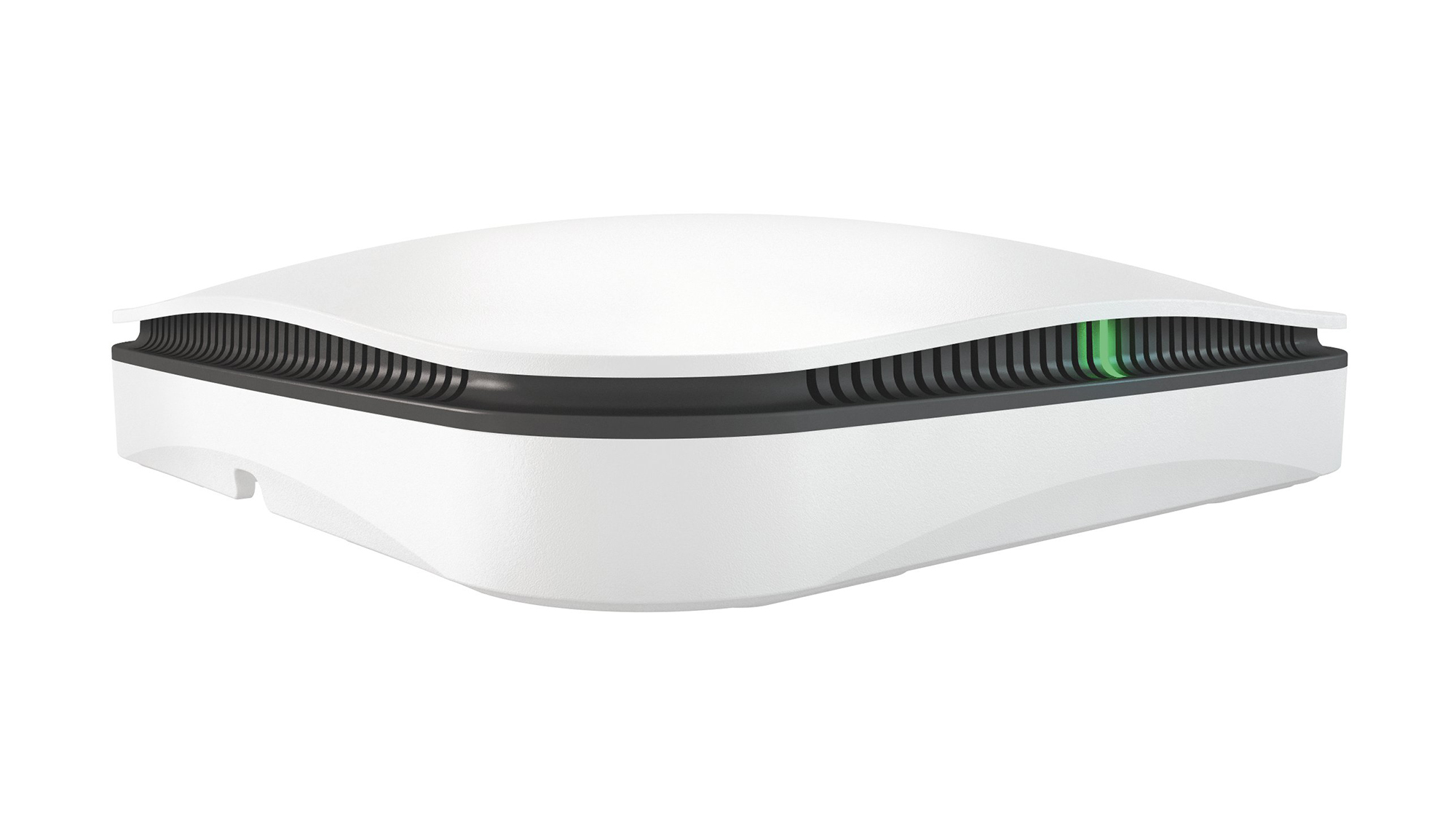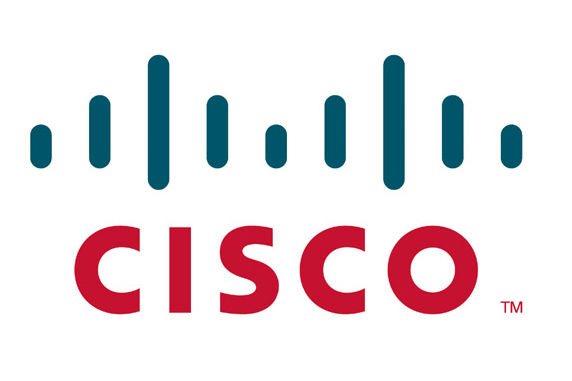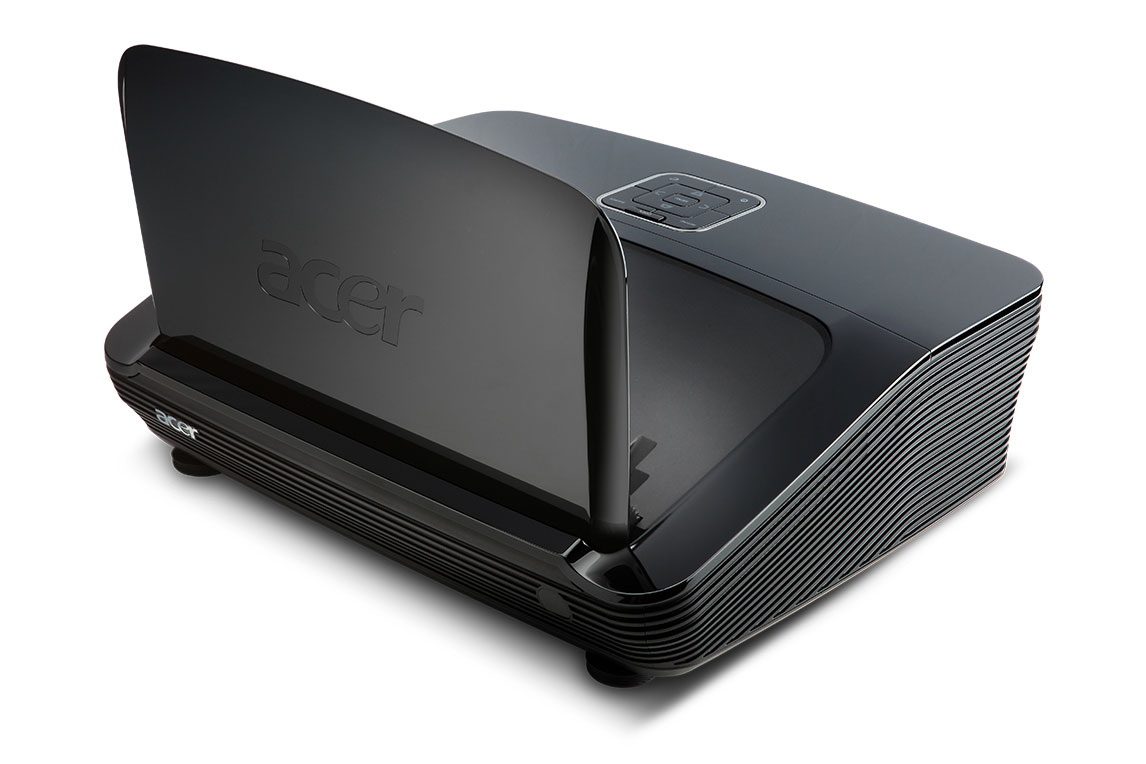Networking comes under the spotlight
The growth of cloud computing and the consumerisation of IT has brought networking to the forefront of enterprise minds.


ANALYSIS: Networking has never been the most glamorous area of technology. Characterised as having the same dominant companies (or company) for decades and remaining hidden behind corporate walls, little attention was given to the industry which ticked along quite nicely somewhat under the radar.
However, the network is no longer just the infrastructure we expect to be there, running quietly in the background. Now, the spotlight is on the technology and companies are being put under greater scrutiny by both consumers and business users.
Mobile mayhem
Studies from analyst firms Gartner and IDC have shown the exponential growth in the mobile device market. In addition to mobiles morphing from basic communication tools to mini-computers in our pockets, new types of portable products have flooded the shelves such as netbooks and, most recently, tablets.
Smartphones, tablets and netbooks can only be used to their full potential when on a network though, be it Wi-Fi, 3G/4G or broadband. What's more, consumer demand for an instant, strong and always-on connection is increasing.
The problem is, these expectations continue to grow as traffic on the network rises, potentially diminishing performance.
"Everybody here in the US talks about how bad AT&T is [but] they didn't mention the fact that there were 27 million new iPhones put onto the network, with all of them running video, which basically crumbled the network," Mike Klayko, chief executive (CEO) of Brocade told IT PRO.
Get the ITPro daily newsletter
Sign up today and you will receive a free copy of our Future Focus 2025 report - the leading guidance on AI, cybersecurity and other IT challenges as per 700+ senior executives
"It is expected to be there. Yet, on the other hand Verizon, who didn't have [the iPhone], became the perfectly acceptable network of choice."
O2 had a similar iPhone experience in the UK. Its own network became renowned for dropping calls and customers got infuriated. Yet users didn't take into account it was the only provider selling the iPhone at the time.
Netflix is another example in the US. Klayko cited figures which showed 20 per cent of internet traffic across the country between 6pm and 8pm is provided to this single service.
"Who had ever planned that?" he added. "So now, what is happening is everybody using [the network] is realising the importance of it."
Under attack
Networks may have always faced security attacks, but a growing threat environment is putting even more pressure and attention on the technology.
With reports from security giants like McAfee and Symantec showing more and more attacks hitting networks, organisations are beginning to take a closer look at how their infrastructure is run and trying to develop a solid strategy that covers both prevention and cure.
"It is not just about what would happen if we had a breach and lost credit card details," said Wade Williamson, senior product marketing manager at Palo Alto Networks.
"People are coming for the valuable part of your business and that is a shift from thinking 'Am I going to face collateral damage...' to 'Am I going to lose what it is that defines this enterprise?'"
Those who face breaches might decide the best thing to do is hide away from the questions. It is rarely, if ever, the answer. Sony's slow pace in informing customers following the PlayStation Network hack being just one recent, notable example.
Transparency is the best way for companies to handle these network issues, according to Williamson.
"One of the things [companies] will have to do is be clear and own up to what has happened. They can't leave [their customers] to fill in the blanks with the worst case scenario they could dream up," he said.
"If you take corrective action, [as a customer] I need to know what went wrong so I can trust your fix will work. There is a level of transparency which is required."
Williamson added: "This is scary for companies who tend to go into defensive modebut all that time people are left to wonder and worry."
Cloud concerns
In addition to increased pressure from mobile devices and growing threats from more sophisticated hackers, the networking industry has not just a trend, but a whole shift in technology to face: cloud computing.
To have a solid cloud implementation, be it private or public, the network is the basis for everything running smoothly.
"When people talk about cloud computing, just by the word people think about computing and data, hence why storage goes to the forefront. But as you do more and more number crunching it is how you access Ken Cheng, vice president of service provider products at Brocade, told IT PRO.
"[Networking] got thrust into the spotlight. It is coming a little bit later but it makes sense as more and more real time business is done over the cloud."
Arriving somewhat later to the cloud computing game in terms of optimising products might actually prove beneficial as there is greater trust in the technology and more market opportunities, according to Chen.
Take the opportunity
Although more attention may mean more scrutiny for the networking industry players, they should also enjoy their time in the spotlight.
Mobile devices, security threats and cloud computing may pose a massive challenge, but there is a lot of money to be made and a pretty open playing field to build a reputation in these newer markets, moving away from the one man band' old-style networking had become.
Jennifer Scott is a former freelance journalist and currently political reporter for Sky News. She has a varied writing history, having started her career at Dennis Publishing, working in various roles across its business technology titles, including ITPro. Jennifer has specialised in a number of areas over the years and has produced a wealth of content for ITPro, focusing largely on data storage, networking, cloud computing, and telecommunications.
Most recently Jennifer has turned her skills to the political sphere and broadcast journalism, where she has worked for the BBC as a political reporter, before moving to Sky News.
-
 Westcon-Comstor and Vectra AI launch brace of new channel initiatives
Westcon-Comstor and Vectra AI launch brace of new channel initiativesNews Westcon-Comstor and Vectra AI have announced the launch of two new channel growth initiatives focused on the managed security service provider (MSSP) space and AWS Marketplace.
By Daniel Todd Published
-
 Third time lucky? Microsoft finally begins roll-out of controversial Recall feature
Third time lucky? Microsoft finally begins roll-out of controversial Recall featureNews The Windows Recall feature has been plagued by setbacks and backlash from security professionals
By Emma Woollacott Published
-

 Cape Networks Wireless Sensor
Cape Networks Wireless SensorReviews Cape Networks is the perfect wireless monitoring solution for SMBs as it’s highly informative and very affordable
By Dave Mitchell Published
-
 Virgin blackout cripples broadband connections
Virgin blackout cripples broadband connectionsNews Customers across the UK are continuing to complain about their Virgin broadband services.
By Tom Brewster Published
-
 Cisco dumps umi videoconferencing service
Cisco dumps umi videoconferencing serviceNews The networking giant ditches umi less than two years after its launch.
By Tom Brewster Published
-
 An incomplete IT dream at Real Madrid's Bernabeu
An incomplete IT dream at Real Madrid's BernabeuNews Real Madrid has some grand ambitions for a high-tech Bernabau, but it seems key pieces of the jigsaw are missing...
By Tom Brewster Published
-
 HP takes wraps off new solutions for SMBs
HP takes wraps off new solutions for SMBsNews Tech giant HP has unveiled new tech and services for small and medium businesses.
By Paul Briden Published
-
 Acer U5200 review
Acer U5200 reviewReviews Acer's new projector has more features than you can shake a laser pointer at, from 3D to network management, but are these actually of any use to businesses? Jim Martin polishes his glasses for a closer look.
By Jim Martin Published